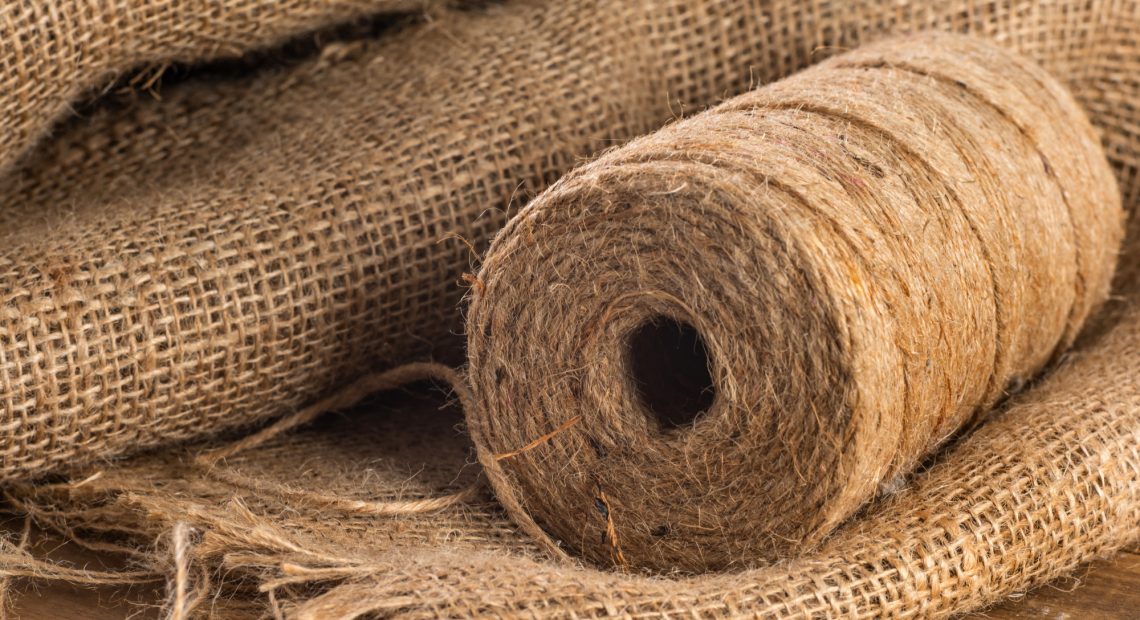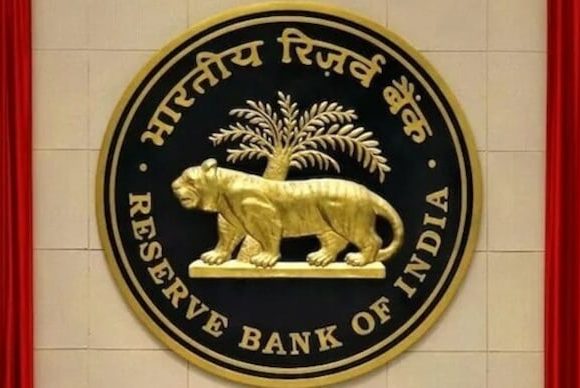
India Bars Certain Jute Textile Imports via Land Border
India has imposed new restrictions on the import of select jute textile items from Bangladesh via land borders, while continuing to permit their entry through the Nhava Sheva seaport in Maharashtra. The policy, effective immediately, is designed to protect India’s domestic jute industry from being undercut by cheaper imports and to strengthen quality control and customs oversight.
The move impacts items such as jute yarn, sacks, mats, carpets, curtains, and decorative handicraft products. These goods can no longer enter India through land customs stations in bordering states such as West Bengal, Assam, Tripura, Meghalaya, and Mizoram. Importers will instead be required to reroute their consignments through Nhava Sheva, one of India’s busiest container ports, significantly increasing transit time and costs.
Jute import ban
Indian jute manufacturers have long demanded stronger curbs on imports of Bangladeshi jute goods, particularly those entering through land borders which are perceived to have less stringent quality and valuation checks. They argue that routing all shipments via a designated seaport allows customs authorities to conduct proper inspections and apply fair duties, thereby eliminating price distortions that harm local producers.
The Ministry of Commerce and Industry has indicated that the policy aims to ensure a level playing field, especially for India’s small and medium jute producers who employ lakhs of rural workers and artisans.
Bangladesh jute
Bangladesh is one of the world’s largest exporters of jute products, and India has been a major market for its finished goods. Previously, land-border routes allowed smaller traders to move goods at lower costs. With this new directive, such informal supply chains are likely to be disrupted. Some industry experts have warned that this could unintentionally encourage smuggling or illegal under-invoicing if not managed carefully.
Despite these concerns, Indian authorities believe the shift to sea-based trade will bring transparency and ensure compliance with product standards.
Land border shift
All 38 land customs stations along the India-Bangladesh border have been directed to deny clearance to the specified jute items. Importers using these stations will now be compelled to ship their goods to Nhava Sheva, where inspection protocols are stricter. Officials also hope that this redirection will reduce the risk of trade-based money laundering and document forgery.
The jute sector in India supports nearly 3 million farmers and over a million workers, many of whom rely on stable market conditions. The government’s decision is being seen as a protective move to shield these livelihoods from price pressures driven by unchecked imports.


















